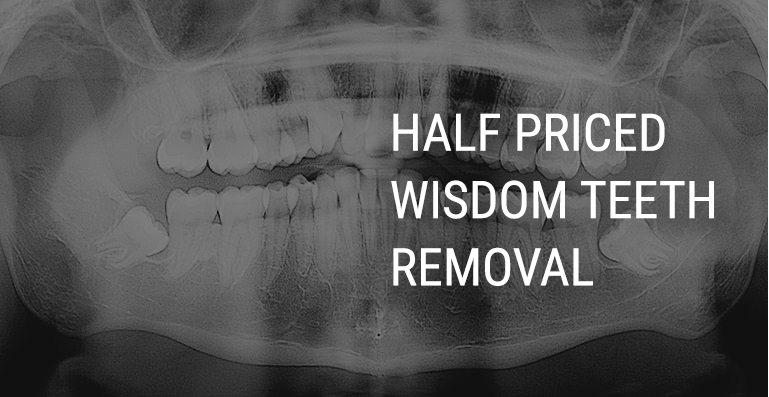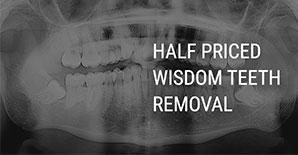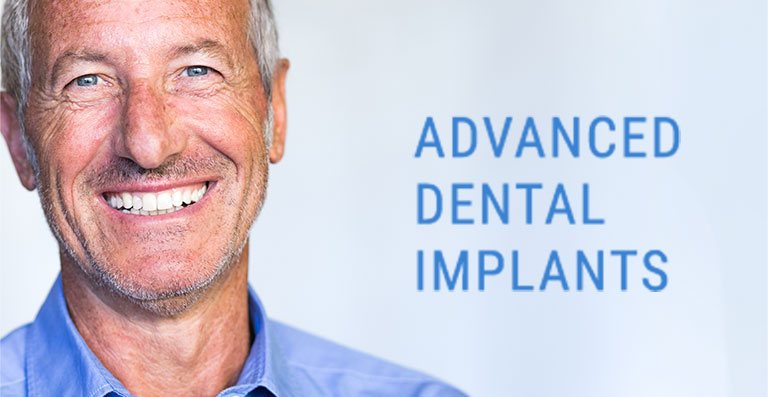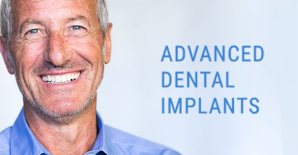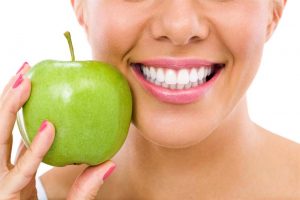 The information in this page is created in collaboration between Diamond Dental and Austin Life Care.
The information in this page is created in collaboration between Diamond Dental and Austin Life Care.
What Causes Cavities?
Written by Dr Tom Supakorndej, DDS
We’ve all been told, “don’t eat so much sugar. It causes cavities!” Is this true?…to an extent.
What causes cavities?
Certain bacteria in your mouth (Streptococcus mutans, to be scientific) digest “sugars” and release acid as a by product. This acid then attacks and dissolves away your teeth. With repeated attacks, the tooth becomes softened. This softened tooth is a cavity.
What are the “sugars” that these bacteria feed on?
It is true that candy can cause cavities. However, the sugars in candy isn’t the only substance bacteria can feed on. By “sugars” we mean “carbohydrates,” or carbs. All carbs we eat can cause cavities. This includes the sugars in candy as well as bread, cereal, and milk. Milk contains a special sugar called lactose, and certain bacterias in your mouth can generate acid attacks from milk sugars. Eating all these foods can cause cavities if you do not brush your teeth properly afterwards.
As a general rule, think “carbs and milk.” After eating carbs or milk, make sure you brush your teeth very throughly to prevent cavities from forming.
That’s not all, however! Any form of acid can attack your teeth. This includes the acids in orange juice, lime, lemons (citric acid) and in carbonated sodas (carbonic acid). Be careful to not consume too much of these foods! How can you tell whether a food contains acid? Usually, acids taste sour. When you eat anything sour, there’s a good chance you’re eating something that can dissolve away your teeth.
Can you develop cavities if you don’t eat carbs or milk?
As a general rule, no. For example, if you eat only meat (protein), you cannot develop cavities. The bacteria in your mouth cannot utilize protein as an energy source and cannot create the acid attack to your teeth. However, this doesn’t mean that you shouldn’t brush your teeth afterwards. You can still develop other dental problems if you don’t brush your teeth. For example, you may still develop gum disease without eating carbs. Remember, you should brush your teeth at least twice per day, for at least two minutes each time.





